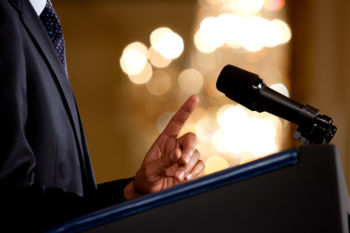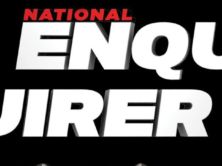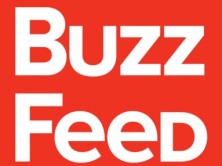
(Credit: The White House)
Would a sizeable chunk of America’s college students really use violence against speakers they found offensive?
Many news outlets, including NPR, the Washington Post and Wall Street Journal, claimed as much. Their evidence was a non-scientific survey by an electrical engineering professor named John Villasenor. His survey “found” that 20 percent of college students support violence in response to offensive speech. The major news outlets above cited his findings, as if his were a reputable, scientific poll. However, Villasenor’s survey was opt-in. The survey was slammed for being “junk science” and “malpractice” by former American Association of Public Opinion Polling president Cliff Zukin, the Guardian reported.
iMediaEthics’s polling director David W. Moore has his own take on the controversy surrounding Villasenor’s survey. Moore’s iMediaEthics column argued that the media overreacted to the poll, well-respected pollsters have found more positive views, Villasenor overstated the significance of his findings and the survey had confusing question wording. [Read 6 Takeaways from Controversial Poll]
After the survey’s problems were flagged, NPR added an editor’s note to its Sept. 22 report, “Milo Yiannopoulos’ ‘Free Speech Week’ at Berkeley Falls Apart, Organizers Say.” That story quoted the survey’s findings. The NPR editor’s note reads:
“Since NPR published this story, it’s come to our attention that significant questions have been raised about the methodology of a survey quoted in this report. We’ve removed references to the survey, which was conducted by a nonresident senior fellow at the Brookings Institution. You can read more about the questions surrounding the survey here.”
Other articles, like the Chicago Tribune’s opinion column, Washington Post’s opinion piece and the Wall Street Journal‘s editorial don’t warn readers the survey is unscientific. iMediaEthics has written to these outlets to ask if they will update to reflect the questions about the survey.
The Chicago Tribune’s standards editor is reviewing the matter, the Tribune told iMediaEthics. The Washington Post pointed iMediaEthics to its follow-up piece about “‘good’ vs ‘bad’ polls,” in which Catherine Rampell argued non-probability samples aren’t so bad after all.
Another Washington Post columnist, Daniel Drezner, called for “follow-up polling” to assess the validity of Villasenor’s findings, and for the media columnists to cut down on the “hysteria.”
He wrote in part, “I cannot get too worked up by the findings, because they only represent a snapshot. The primary utility of public polling is in observing trend lines and demographic breakdowns. I am disturbed that 20 percent of any sample would justify violence as a legitimate response to an offensive speaker. But I have seen enough surveys to know that you can get 20 percent of a sample to agree with pretty much anything.”






Comments Terms and Conditions